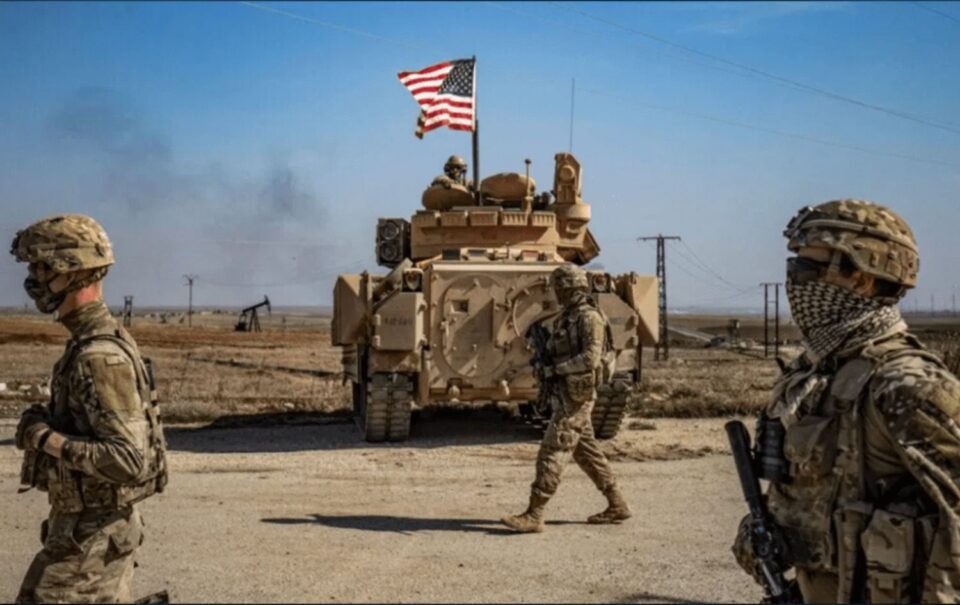 By Saadula Aqrawi
By Saadula Aqrawi
I believe that the U.S. forces play a crucial role in combating terrorist groups, especially ISIS. Their training, intelligence, and direct military support have been vital in degrading these groups’ capabilities and ensuring regional stability.
Yes, the U.S. provides training and support to Iraqi and Kurdish security forces. This includes equipping them with necessary resources, intelligence sharing, and advising on strategies and operations.
The U.S. forces help maintain stability in a region that has experienced significant turmoil. Their presence can act as a counterbalance to various regional powers and internal conflicts. The U.S. military presence can also serve as a form of diplomatic leverage in negotiations and relationships with both Iraq and the Kurdish Regional Government, as well as with neighboring countries. During the past decade, the U.S. forces often participate in humanitarian missions, providing aid and support in times of crisis, such as during the displacement of people due to conflict.
Overall, U.S. forces contribute to the security and stability of Iraq and the Kurdistan Region through military assistance, counterterrorism efforts, and regional support.
The decision to withdraw American and international coalition forces from Iraq has raised significant concerns regarding the future stability and security of the region. This move, which marks a significant shift in U.S. and allied military strategy, carries potential risks that could have far-reaching implications for Iraq and beyond.
I believe that one of the most pressing dangers associated with the withdrawal is the potential resurgence of ISIS. The group, which was significantly weakened by years of intense military operations by coalition forces, remains a potent threat. Without the sustained pressure of international military forces, ISIS could exploit the power vacuum to regroup, recruit, and reassert its influence in Iraq and neighboring regions. This resurgence could lead to increased violence, destabilization, and a renewed humanitarian crisis.
The departure of coalition forces could exacerbate existing power struggles within Iraq. The country has long been plagued by sectarian and political conflicts, and the withdrawal could leave a void that may be filled by competing factions or extremist groups. This instability could further fragment the country, hinder reconstruction efforts, and derail progress toward a more cohesive and stable governance structure.
Erosion of International Influence
Of Course the departure of American and coalition forces might also signal a reduction in international influence and commitment to stabilizing Iraq. This could impact diplomatic relations and diminish the leverage that international actors have in shaping Iraq’s political and security landscape. The perception of reduced commitment might also affect future cooperation on counterterrorism and regional security initiatives.
The withdrawal of American and international coalition forces from Iraq is a complex and potentially perilous decision. The reemergence of ISIS, increased instability, humanitarian crises, regional implications, and erosion of international influence are all significant risks that need to be carefully managed. As the situation evolves, it will be crucial for the international community to remain vigilant and supportive in addressing these challenges to help ensure a stable and secure future for Iraq and the broader region.

